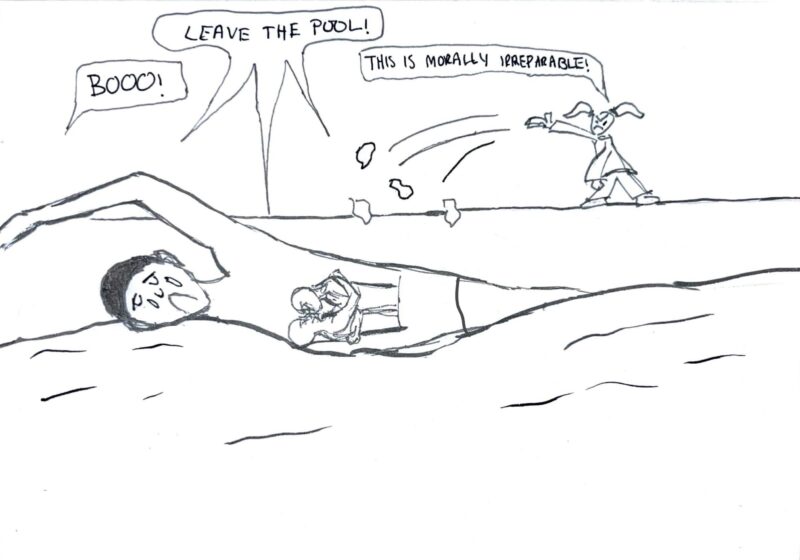On Monday, April 8th, former British Prime Minister Margaret Thatcher passed away due to a stroke. Despite the alarm that many felt upon hearing the news, though, Thatcher had recently been struggling with many health issues. Perhaps most serious was her bout with Streeptococcus.
As a strong and at times controversial politician — as well as being a trailblazer for women in politics — Thatcher fascinated many across the Globe. Thus, it was no surprise that in 2011, the film “The Iron Lady” was made to document Thatcher’s unique political rise and career. Of course, Meryl Streep was the obvious choice to portray the titular Iron Lady. The film was incredibly successful, and Streep won the Academy Award for Leading Actress.
Suddenly, Thatcher couldn’t go anywhere without being accosted by fans. As a public figure, Thatcher was used to the attention. However, she quickly realized that people were not excited to see her, but Meryl — or the woman they thought was Meryl. Early on, after the film’s release, Thatcher was walking in London and was asked for an autograph by a few American tourists. When later recounting this experience to her therapist, Thatcher exclaimed the horrific feeling she had as she gave the tourists her autograph and they surprisingly shouted backed in their ungodly accent, “Good one Meryl! Who’s M. Thatcher?”
This was only the beginning of Thatcher’s identity issues, though, for as the film gained popularity and viewership, more and more people began expecting Meryl Streep when approaching Margaret Thatcher.
People would become angry when they realized that they were speaking to Thatcher and not the star of “The Devil Wears Prada.” Thatcher found it almost unbearable to leave her home, and her public appearances declined immensely. Thatcher hated disappointing people, and at times would even sign “Meryl Streep” so as not to upset people. She became worried about what the angry hoards would do — people can become very heated when it comes to Meryl Streep.
Thatcher and her family were forced to deal with the repercussions of Streep’s convincing performance, and Thatcher’s new insistence to stay in her home. She stopped attending state functions, but thought it was easier to attribute these absences to other health issues. Friends and relatives said Thatcher was overcome by an insecurity that had previously only been triggered by trips to the dentist and that one time she tried Invisalign. Britain’s once-courageous leader became a shell of her old self—a shell that happened to look a lot like a Hollywood star.
Meryl Streep was unable to be reached for comment.
Berrin-Reinstein is a member of the class of 2013.
April Fools
Dr. Olidamra’s commitment to benefiting armadillo research
“Yeah, he’s a bit... weird about his armadillos,” Deckham added, awkwardly shuffling his feet. “Like, he talks to them. A lot.”
April Fool's
Free the monkeys
These poor creatures were being experimented on to learn calculus, neuroscience, electrical circuitry, and art. They were staying up until 4 a.m. trying to figure out how to complete these wild assignments.
Bad Tattoo
This is awkward: I have a full back tattoo of Kanye and Jay-Z passionately embracing
Last week, I was at the public pool, about to swim a few laps, but I couldn’t even make it through one without being relentlessly mocked for my tattoo.





